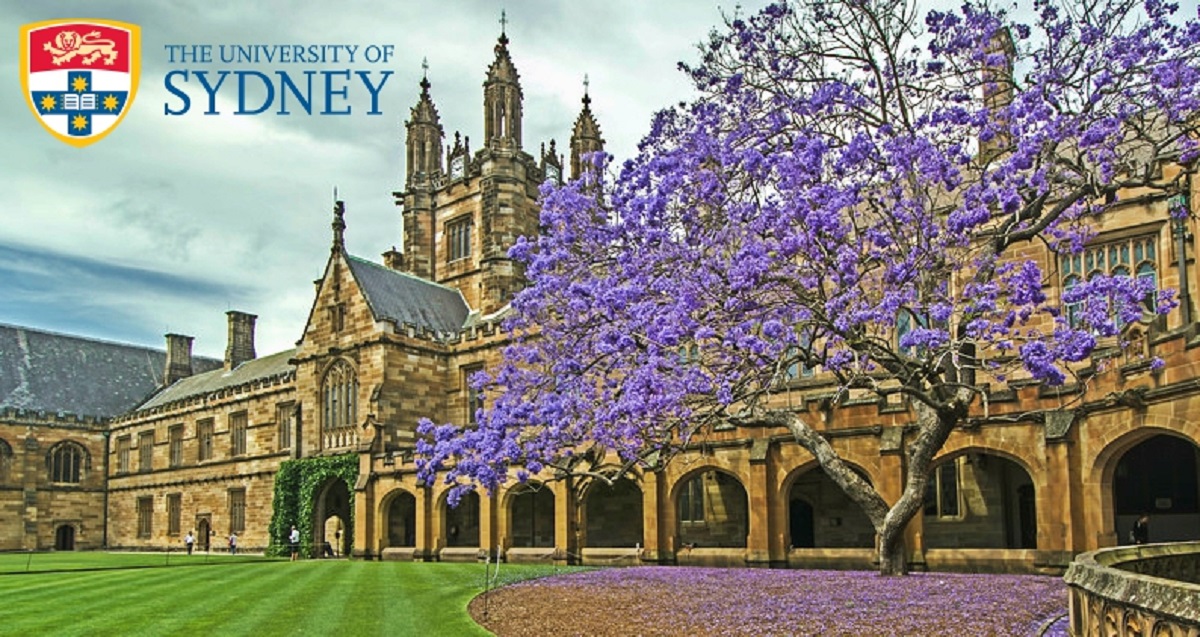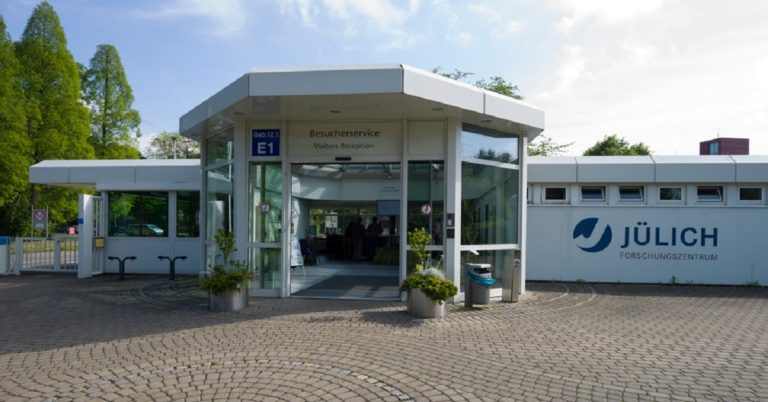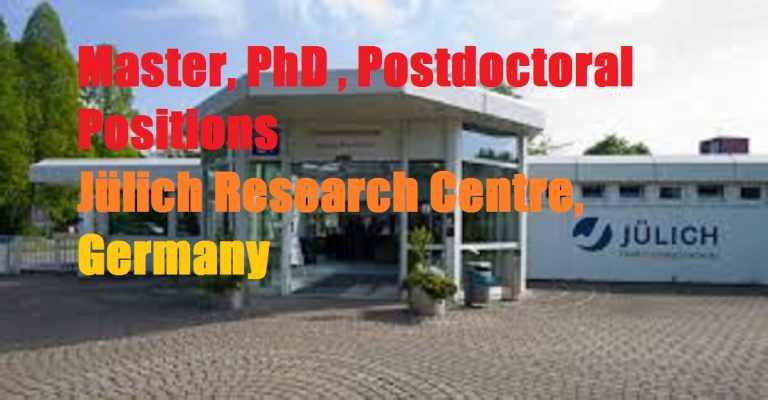
The University of Sydney in Australia invites application for vacant Postdoctoral Positions, an Australian public research university in Sydney, Australia.
Postdoctoral Research Associate – Sydney Pharmacy SchoollocationsCamperdown Campustime typeFull timeposted onPosted Yesterday
Job Requisition: 0132731
Fixed Term (Fixed Term)
Hiring Manager: Dr Mouna Sawan
Business Unit: Sydney Pharmacy School
Postdoctoral Research Fellow – Translational NeuroimmunologylocationsWestmead Campustime typeFull timeposted onPosted 3 Days Ago
Job Requisition: 0133968
Fixed Term (Fixed Term)
Hiring Manager: Associate Professor Sudarshini Ramanathan
Business Unit: Children’s Hospital at Westmead
Postdoctoral Research Fellow-InsideOut InstitutelocationsCamperdown Campustime typeFull timeposted onPosted 3 Days Ago
Job Requisition: 0132698
Fixed Term (Fixed Term)
Hiring Manager: Professor Sarah Maguire
Business Unit: InsideOut Institute
Postdoctoral Research Associate in Social PsychologylocationsCamperdown Campustime typePart timeposted onPosted 4 Days Ago
Job Requisition: 0133526
Fixed Term (Fixed Term)
Hiring Manager: Professor Fiona White
Business Unit: School of Psychology
Postdoctoral Research Associate in Social PsychologylocationsCamperdown Campustime typePart timeposted onPosted 4 Days Ago
Job Requisition: 0133658
Fixed Term (Fixed Term)
Hiring Manager: Professor Fiona White
Business Unit: School of Psychology
Research Fellow-School of Public HealthlocationsCamperdown Campustime typeFull timeposted onPosted 9 Days Ago
Job Requisition: 0134329
Fixed Term (Fixed Term)
Hiring Manager: Associate Professor Meru Sheel
Business Unit: Public Health
Postdoctoral Research Associate in Introspective Robotic PerceptionlocationsDarlington Campustime typeFull timeposted onPosted 10 Days Ago
Job Requisition: 0132494
Fixed Term (Fixed Term)
Hiring Manager: Dr Donald Dansereau
Business Unit: Aerospace, Mechanical & Mechatronic Engineering
Postdoctoral Research Associate in Experimental Nonlinear OpticslocationsCamperdown Campustime typeFull timeposted onPosted 18 Days Ago
Job Requisition: 0133380
Fixed Term (Fixed Term)
Hiring Manager: Professor Martijn de Sterke
Business Unit: Physics Academic Operations
Postdoctoral Research Associate (Physics)locationsCamperdown Campustime typeFull timeposted onPosted 23 Days Ago
Job Requisition: 0133282
Fixed Term (Fixed Term)
Hiring Manager: Associate Professor Ben Fulcher
Business Unit: Physics Academic Operations
Postdoctoral Research Associate – ElectrocatalysislocationsDarlington Campustime typeFull timeposted onPosted 24 Days Ago
Job Requisition: 0128542
Fixed Term (Fixed Term)
Hiring Manager: Dr Fengwang Li
Business Unit: Chemical & Biomolecular Engineering
Postdoctoral Researcher in Peptide Based Drug DiscoverylocationsDarlington Campustime typeFull timeposted onPosted 25 Days Ago
Job Requisition: 0131612
Fixed Term (Fixed Term)
Hiring Manager: Professor Joel Mackay
Business Unit: Life and Environmental Sciences Academic Ops
- 1


